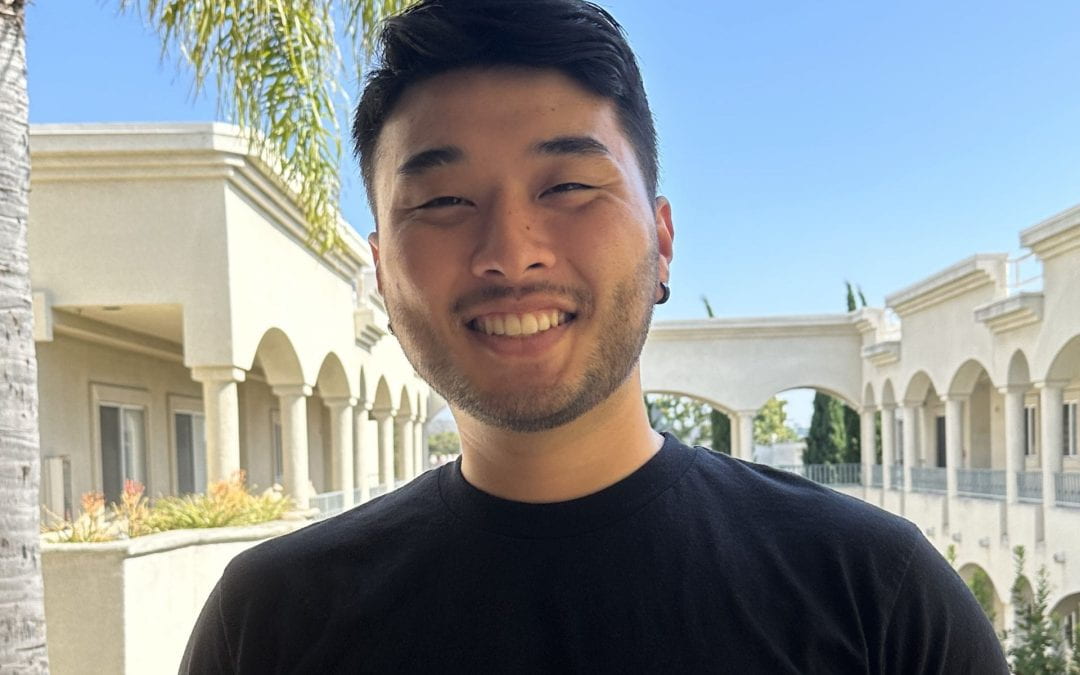The Young Scientist Spotlight series features our former students involved with our Treehouse UCSC Bioinformatics Immersion (TUBI) program, where students gain real-world work experience as researchers in a supportive environment, contributing to Treehouse bioinformatic projects! This week, we are catching up with outstanding former TUBI student, Dylan Shiramizu, who is now a Research Bioinformatician at Cedars-Sinai!
Interview by Krizia Chambers
Can you briefly describe your experience with TUBI? What did you gain from participating in the program?
My experience with TUBI was great! At the time, I had never had any bioinformatics research experience, so being immersed in that and finding out how it actually worked was a really good experience for me, especially because it was late in my undergraduate career. I think the most important thing I gained from the entire experience was a sense of community because I was doing the experience during the peak of COVID-19. Through TUBI, I could meet friends who had the same field or the same research interests online.
Beyond what you had learned in TUBI, what other skills do you think you gained that have aided in your success now?
One of the things I gained from the program was learning how to interact with people who are on the same project as you… that was very useful because I gained the skills to interact with my lab mates now.
What was your favorite memory in your TUBI cohort?
Sitting in on the dry run of the tumor board and getting to learn what a tumor board was. Being able to sit in on a tumor board and listen to what Treehouse does and how they apply their research and speak with doctors was a very cool experience. I thought most of the research was writing grants and writing papers. I didn’t know that aspect of bioinformatics. I didn’t know that it was that front-facing, and you could get to talk to doctors about data and how it could be applied in a clinical setting. That was really cool!
Is there a single event, memory, or experience you had with TUBI where you felt connected to the group?
At every meeting, we have people present their updates for what they have so far. Before the presentation, I was going through all the steps for the protocol for the variant calling, and when it came to my turn to present, I really felt a connection to the project. I could show everyone my contributions and what I have done so far in my project in connection to what everyone else has done for their projects and the greater goal we are working towards. I think that made me feel connected to the group as a whole.
What do you wish you knew about the program before starting?
Maybe that I knew about it sooner? I came in not knowing about TUBI at all. I knew it was cancer research and I would be working on some project, but I ended up getting more out of it than I was expecting. You didn’t need to know much before starting the program. I mean it when I say the program is very streamlined, and it is a nice introduction into bioinformatics. So I don’t feel like there is anything you need to know specifically, and everyone will help you, and they are really supportive.
What was the most challenging part of the program? How do you think you overcame this challenge?
I don’t remember facing any challenges but I think honestly, the support from Holly [Beale] and everyone else made things very streamlined and when I did run into problems, they weren’t really big issues and if there were I could go straight to the slack and then someone would respond right away.
What advice would you like to lend to the new cohort of TUBI students?
I believe TUBI is a really great opportunity overall! I feel like people who join it should make the most of it because the experience we are contributing to research in the cancer field is really cool, and on top of that, you get to connect with people who have the same research interest or even major. I think it can mean a lot in college! I didn’t have that resource. I feel like the few friends that I have made in the same major or research interest really helped me through or got me through college. Having those peers ask questions about classes you are taking and supporting each other in homework, getting that out of TUBI was a big thing for me.


Recent Comments